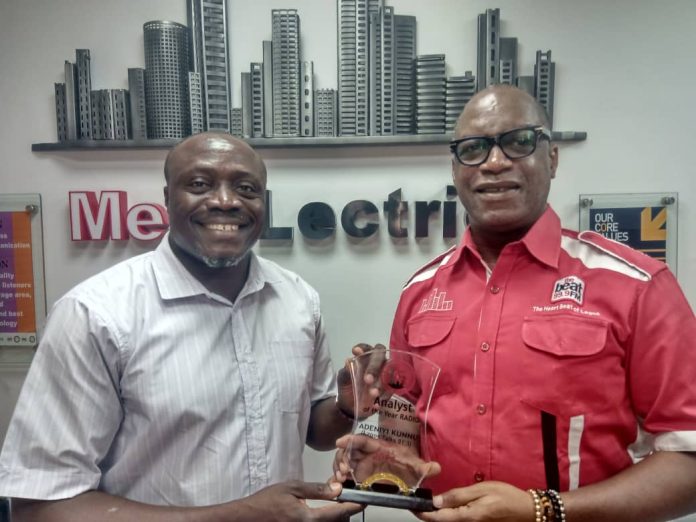Renowned broadcaster and communicator, Mr. Adeniyi Kunnu, shares his remarkable journey and insights into the world of journalism. With almost two decades of experience, Mr. Kunnu has become a celebrated voice in the field of international political development. In this interview, he delves into his path, passion, and principles that have shaped his illustrious career.
**Journey into Journalism:**
*Mr. Kunnu, could you share how your journey in journalism began and led to your current role as a celebrated broadcaster and versatile communicator?*
“My journalism journey started nearly two decades ago when I joined the Federal Radio Corporation of Nigeria (FRCN) in Ikoyi, Lagos. Before this, I contributed to magazines and appeared on television a few times. In the mid-2000s, I discovered my love for radio, which felt like a fine wine I couldn’t resist. I heard about open auditions at the Broadcasting House and decided to try my luck. Out of 118 candidates, I was one of the 13 chosen, thanks to Mr. Alaoma Nwaogbe and Mrs. Ndidi Osaka of Metro FM, and the late Mr. Abiodun Atoyebi, who gave us the opportunity.”
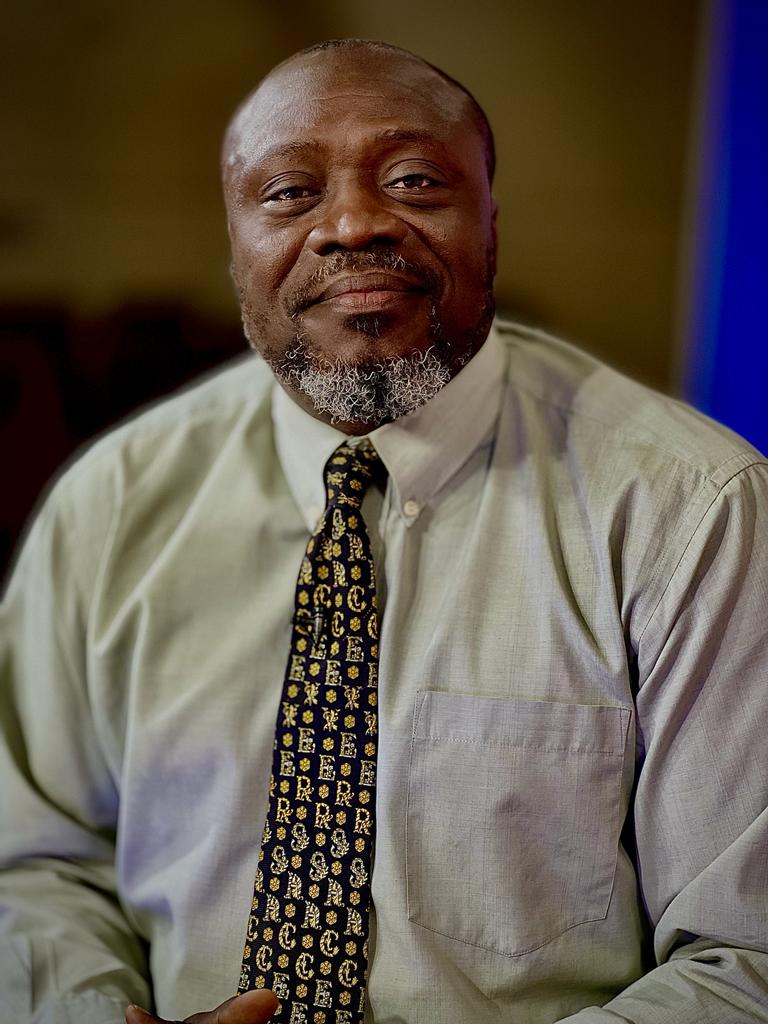
**Passion and Motivation:**
*What drives your passion for journalism and public affairs commentary, and what keeps you motivated to engage with various topics?*
“God revealed my gifts early on, and I nurtured them with unwavering passion. Even if not in government, I can spotlight critical issues in political leadership. From childhood, using words to provide clarity has been my calling. My involvement in church activities, debates, and my role as National Vice-President of Students of English and Literature in Nigeria shaped this path. My duty is to offer solutions through words, and I aim to do journalism differently by thoroughly researching issues and maintaining a balanced perspective.”
**Empathy, Understanding, and Fairness:**
*How do you prioritize empathy, understanding, and fairness in your work?*
“Prioritizing empathy and fairness involves active listening, considering different perspectives, and respecting others’ competence. I strive for accuracy and clarity, continuously learning to improve. These principles guide my approach to ensure balanced and fair reporting.”
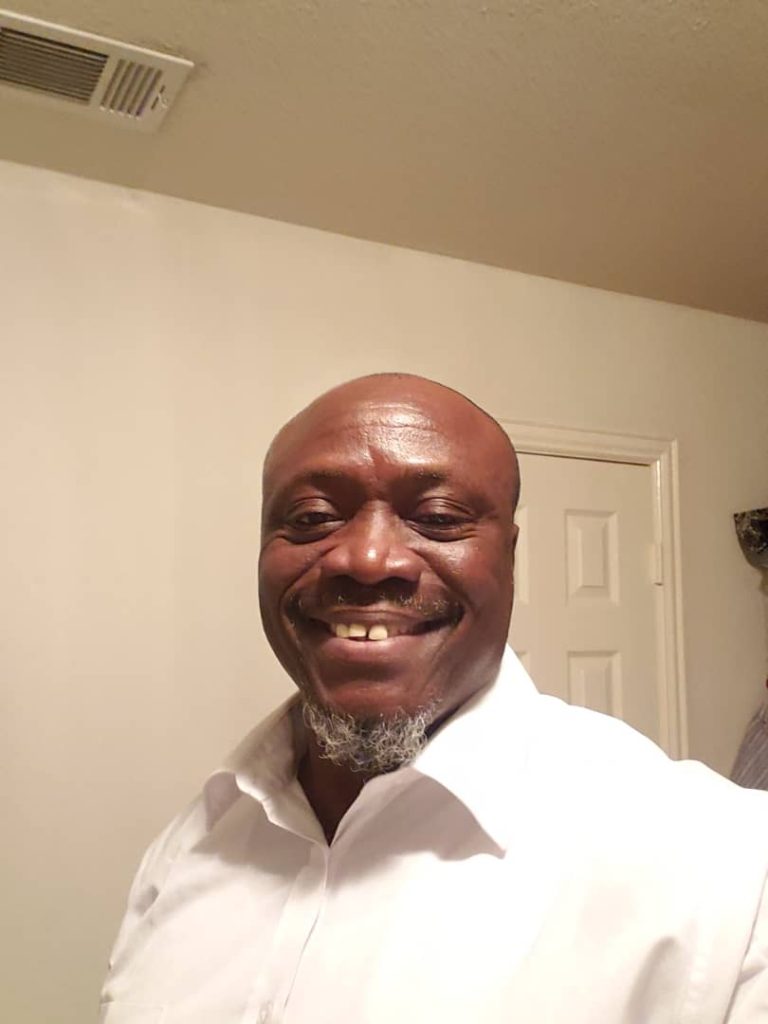
**Impactful Stories and Interviews:**
*Can you describe any stories or interviews that significantly impacted you personally and professionally?*
“Yes, Dr. Mike Murdoch, Dr. Myles Munroe, and Dr. Ben Carson have profoundly influenced me. Dr. Carson’s book ‘Gifted Hands’ especially resonates with me. His journey from anger issues to becoming a renowned neurosurgeon through faith and determination is incredibly inspiring. These figures have shaped my approach to journalism, emphasizing excellence, continuous learning, and maintaining humanity.”
**Adapting Communication Style:**
*As a versatile communicator, how do you adapt your style when reporting on different topics or engaging with diverse audiences?*
“I start with a general understanding of issues and delve into specifics based on the audience. For instance, reporting on education varies from discussing kindergarten to university levels. I focus on relevant concerns, such as children’s well-being, teenage challenges, and higher education issues. Thorough research and understanding the audience’s needs help me adapt effectively.”
**Ensuring Accuracy and Objectivity:**
*In the age of social media and instant news consumption, how do you ensure accuracy and objectivity in your reporting?*
“Accuracy comes from thorough fact-checking and cross-verifying information. Objectivity involves presenting all sides of a story. I advocate for responsible social media use and recommend early education on its use. Proper journalism is about factual reporting, not popularity.”
**Navigating Misinformation:**
*How do you navigate the challenges of misinformation and fake news?*
“I take responsibility for the information I disseminate, adhering to ethical journalism practices. Avoiding sensationalism and committing to accuracy are crucial. Governments should impose fines for deliberate misinformation to uphold journalistic integrity.”
**Connecting with the Audience:**
*What strategies do you use to effectively connect with your audience and relay complex information?*
“The Human Angle Approach is my go-to strategy. Relating issues to people’s lives makes the information more relatable and engaging. Understanding how policies and programs affect individuals helps in crafting impactful stories.”
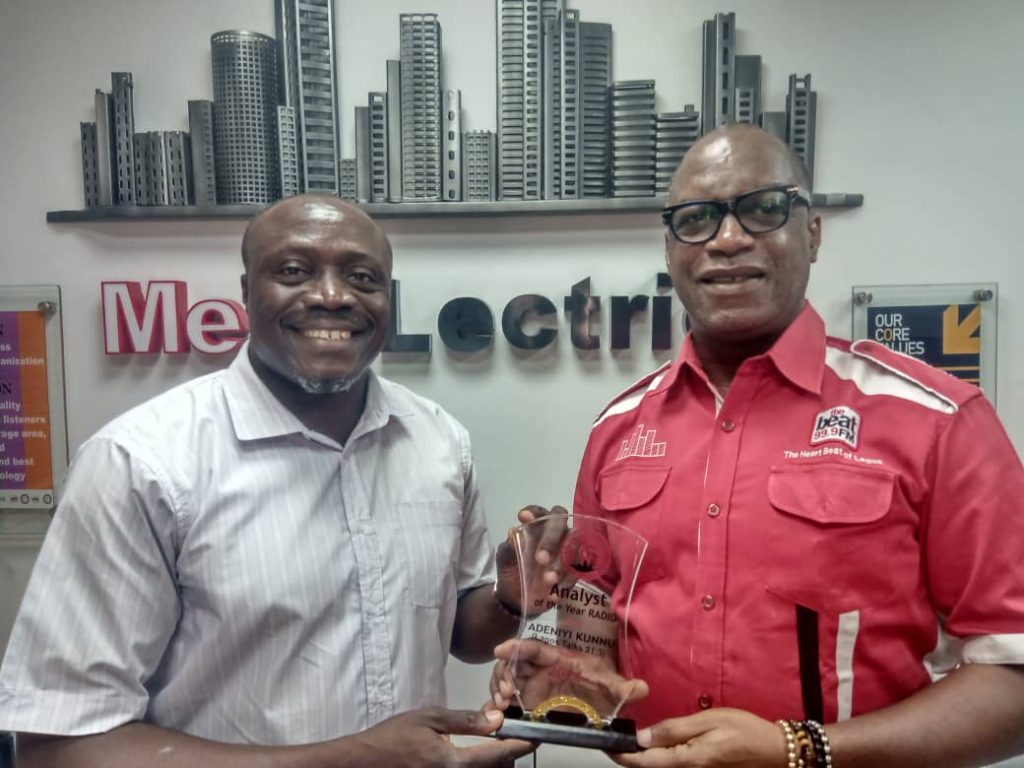
**Ensuring Inclusivity and Diversity:**
*How do you ensure inclusivity and diversity in your reporting?*
“I prioritize continuous education to avoid narrow perspectives. Avoiding stereotypes, seeking diverse sources, and using inclusive language are essential. I focus on under-reported stories to ensure a wide range of voices is heard.”
**Representing Marginalized Voices:**
*How do you approach representing voices that are often marginalized or underrepresented?*
“I start by understanding the historical and social factors behind marginalization. Active outreach, checking biases, collaborating with communities, and presenting analyses respectfully help in accurately representing these voices.”
**Advice for Aspiring Journalists:**
*What advice would you give to aspiring journalists looking to make a difference and tackle pressing social issues?*
“Don’t seek fame or riches; instead, seek knowledge and skill development. Find a mentor, stay humble, and avoid any corrupt practices. Commitment to ethical journalism is paramount.”
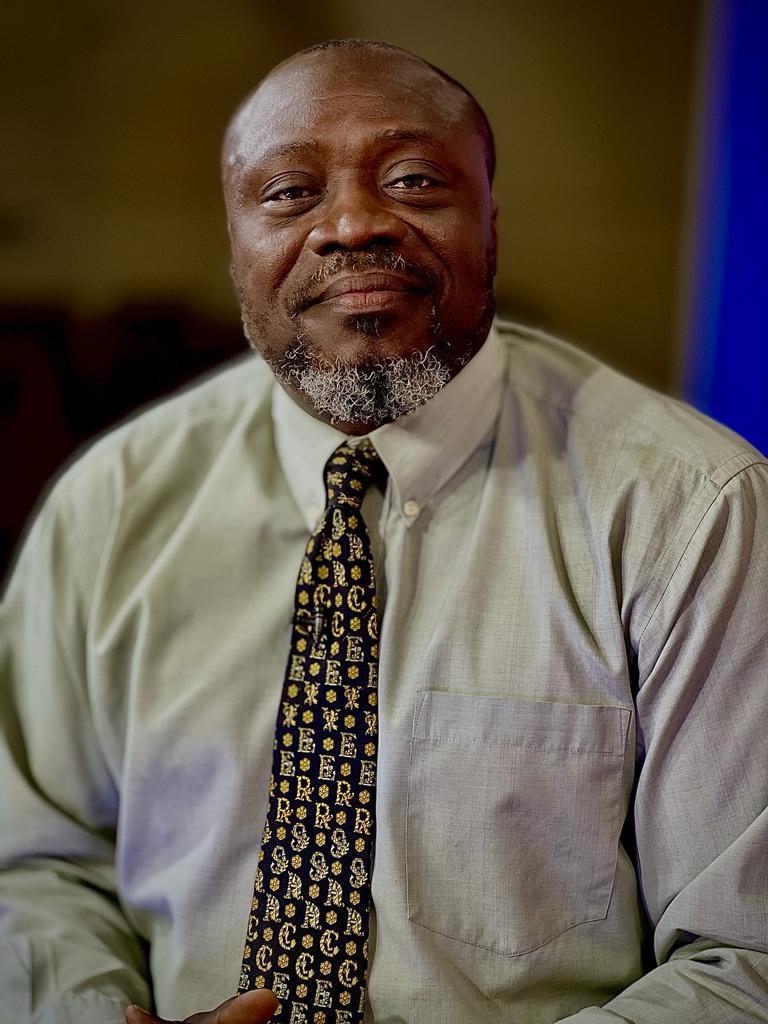
**Major Changes in Journalism:**
*What major changes have you observed in journalism?*
“Personally, my reliance on God keeps me grounded. Professionally, it’s about continuous improvement, adaptability, and learning. Staying humble and connected with industry seniors is crucial for growth.”

